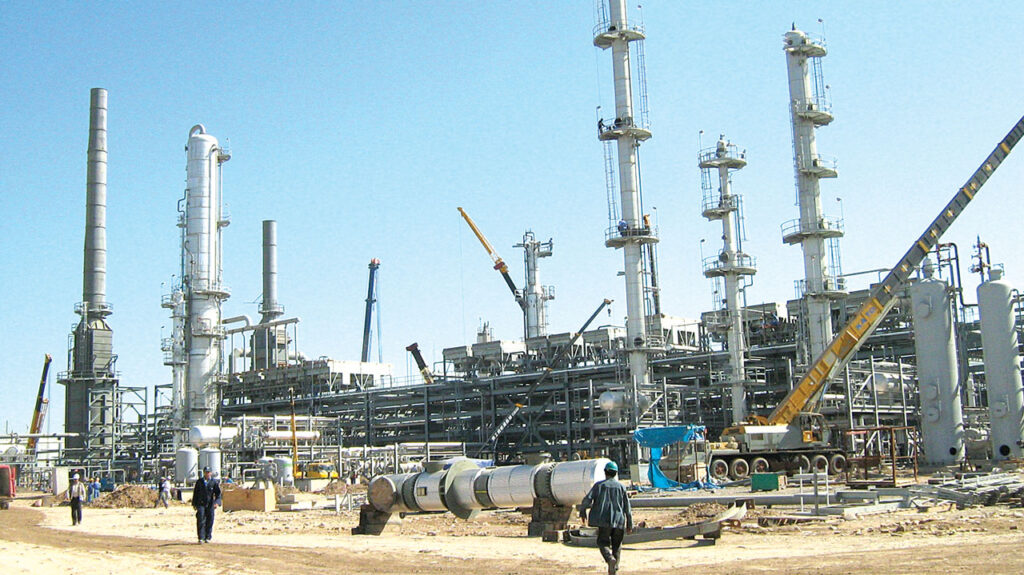
This comes as the industry players embarked on an intensive training programme aimed at boosting the capacity of about 708 engineers across the electrical, maintenance department, protection, control, and metering department and linesmen.
The training, designed for the government-owned agency cuts across 10 regions of the company.
Acting Managing Director and Chief Executive Officer of TCN, Sule Ahmed Abdulaziz, said the training would expose the maintenance engineers to facility improvement programmes under the World Bank’s Nigeria Electricity Transmission Project (NETAP), currently being executed in TCN.
“In all, engineers undergoing this training are those in the Protection, Control and Metering Department (PC&M), Electrical Maintenance Department (EMD), and Lines Maintenance Department (LMD), totaling 708 engineers from the 10 Transmission Service Provider (TSP) regions nationwide,” he said.
The TCN head noted that the company was prioritising the training of its staff as it gradually expands the capacity of its transmission network with the execution of several projects to ensure grid efficiency and stability.
“A more robust grid, coupled with the role we must play under the new Service Level Agreement and our part in the West African Power Pool (WAPP), among others, underscores the need for our engineers to be trained and retrained, to ensure that they are relevant and efficient,” Abdulaziz said.
According to him, the training which is divided into five modules is aimed at honing their skills and, in the end, give them fresh perspectives on how to get their jobs done more efficiently and effectively to produce better results.
The Executive Director, Transmission Service Provider (TSP) in TCN, Victor Adewumi urged the participants to ensure active involvement during the programme and to ask questions whenever they require clarifications.
He also advised that this is the right time to seek knowledge, noting that with adequate theoretical and hands-on knowledge, they are more likely to progress to become prosperous, he said that it is only those with keen interest and determination that come out of such training programmes as better engineers.”
Executive Director, Human Resources and Change Management of the company, Justin Ishaya Dodo, also said much preparation was put into the programme designed for maximum result.
He lauded the World Bank initiative, even as he advised the trainees to make the best use of the opportunity and also to network and make new friends.












